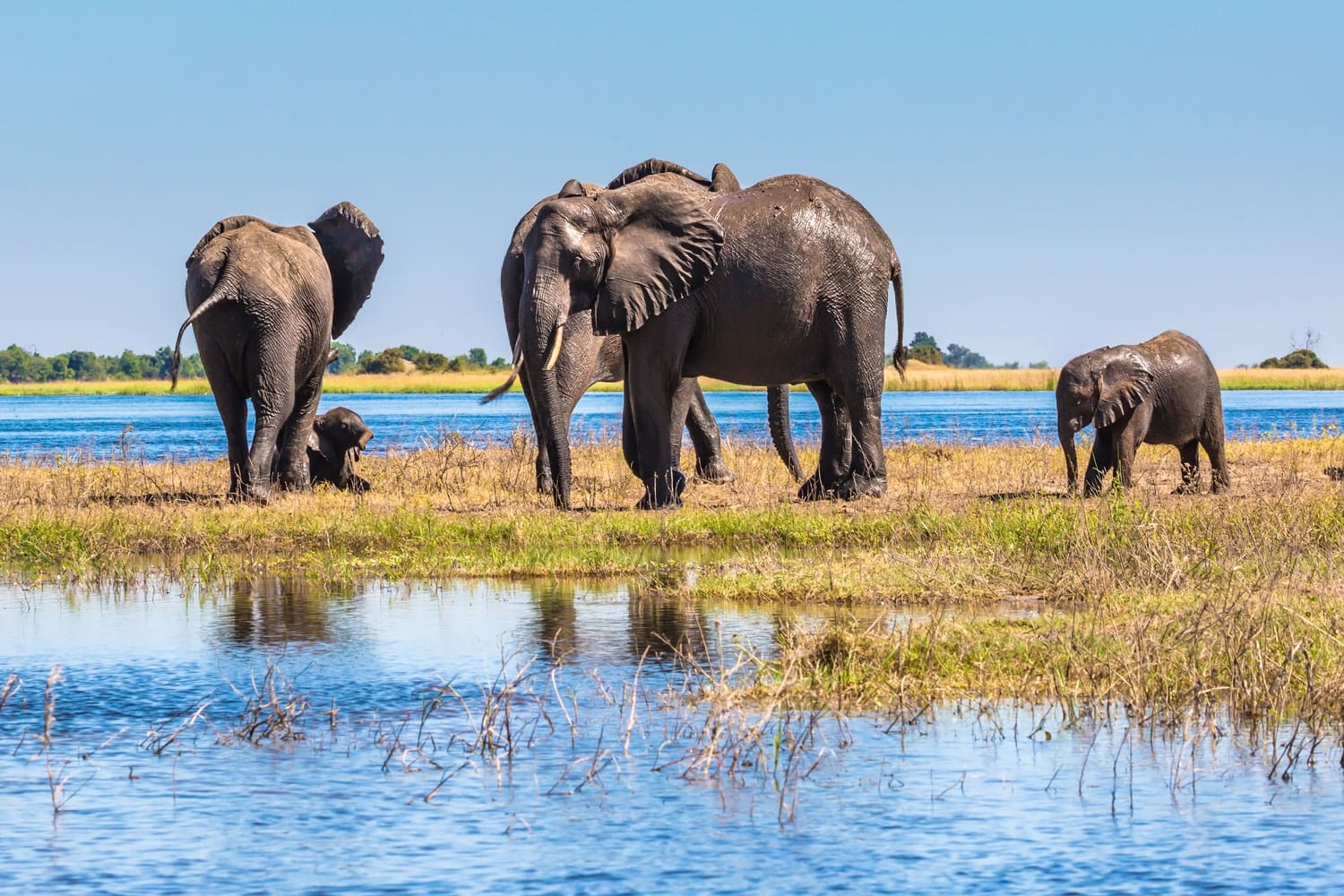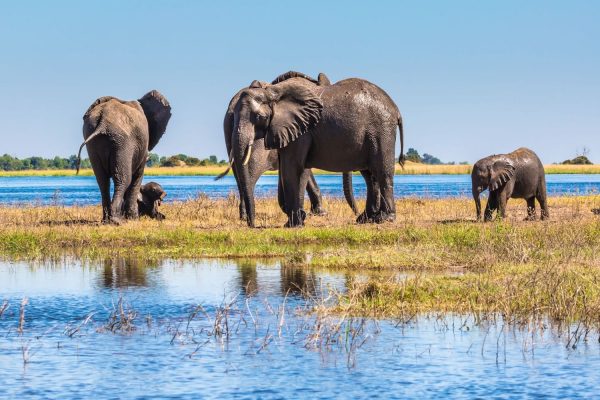People use the terms “game reserve” and “national park” interchangeably when referring to any place where nature may roam free. But what is the difference? Why do Game Reserves get ‘upgraded’ to National parks and what does that even mean? It is important to know the difference because it determines the budget you require to get a great safari experience.
That’s right. You can go on a safari in Nigeria; you don’t have to wait till you travel to Kenya, Dubai or South Africa to experience a safari.
Also, knowing the difference between Game Reserves and National Park is pertinent to managing disappointed expectations.
Game Reserve
Also known as a Wildlife Preserve, this is a large portion of privately/publicly owned and managed land where mother nature has free reign. The focus of a Game Reserve is the preservation of wild animals (fauna) in their natural habitat. If the focus is on plants/trees (flora) then it becomes a forest reserve. A nature reserve is focused on preserving all life forms both flora and fauna within a specific area. Also, controlled hunting of wildlife (not poaching) is allowed within a game reserve; if it is prohibited then that place is a nature reserve.
Game reserves offer tour exclusivity with high-end accommodation and service (which depends on how developed the place is). It may have imported animals that are not native to that environment. Game reserves are ideal for an authentic safari feel as drivers can veer off the main road into the bush in search of animals in their habitat for sightseeing. It is done under the supervision of a tour guide who must be present for the ride because being in untamed nature can pose life-threatening risks.
Also, veering off the road into tracks in the bush requires supervision because the terrain requires a special vehicle (a 4×4 preferably). Imagine your car getting stuck in the mud with a racing hoard of wilder-beast approaching and there are no persons around to assist. Scary right? That’s why in Nigeria, individuals are not allowed to self-drive with their vehicles in a Game Reserve, let alone, without a Park Ranger or two.
A safari in a Game Reserve allows for close encounters with wild animals which makes for a pretty picture. Night tours can also be organised to see nocturnal creatures if the tourist desires such because there are no strict operating hours. Visiting a Game Reserve can be quite expensive so if you are on a budget, it’s best to consider visiting a National Park instead.
Examples of Game Reserves in Nigeria are:
- Sumu Wildlife Park/Lame-Burra Game Reserve in Bauchi state,
- Pandam Wildlife park in Plateau state,
- Afi River Forest Reserve in Cross River State,
- Udi-Nsukka Plateau in Enugu state stretching to other regions of north-central Nigeria
National Park
A national park is an area designated, managed and owned by the government. In Nigeria, the Nigeria National Park Service (NNPS), a parastatal under the Federal Ministry of Environment, works closely with the Tourism Development Corporation to enhance, maintain, and protect the flora and fauna in any National Park. Some National Parks have reserves like forest and or Game Reserves within their borders. E.g. the Borgu Game Reserve and the Zugurma Game Reserve in Kainji National Park in Niger State.
In National parks, there are designated routes which all tourists must stick to catch of glimpses of wild animals in their habitat. Since tourists are expected to stick to proper tarred roads and well-maintained trails, there is wiggle room for self-driving. Sightings are a game of chance because of the strict routes and operational hours of the Parks. Although the land mass for a National Park is much larger than that of a Game Reserve, there could be traffic congestion when the crowds arrive.
The accommodation facilities at most National Parks range from Budget friendly to Luxury to suit a large crowd of visitors per time. National Park also allows self-catering options for those who plan to spend extended time in the live-in accommodations. National parks are open to the public so they can get crowded during festive seasons. National parks are great for recreational and educational getaways.
Examples of National Parks in Nigeria include:
- Okomu National Park in Edo State,
- Gashaka Gumti National Park in both Taraba and Adamawa states,
- Kamuku National Park in Kaduna
One thing the locations have in common is that they are conservation centres. They differ greatly from Game Farms (strictly used to rear animals for resale, hunting or sport) or Wildlife Sanctuaries (reserved strictly for caring for rescued animals that can’t return to the wild).
Once you know the policies guiding the conservation centre you are going to, it becomes easier to manage your expectation and make the most of your safari experience.


